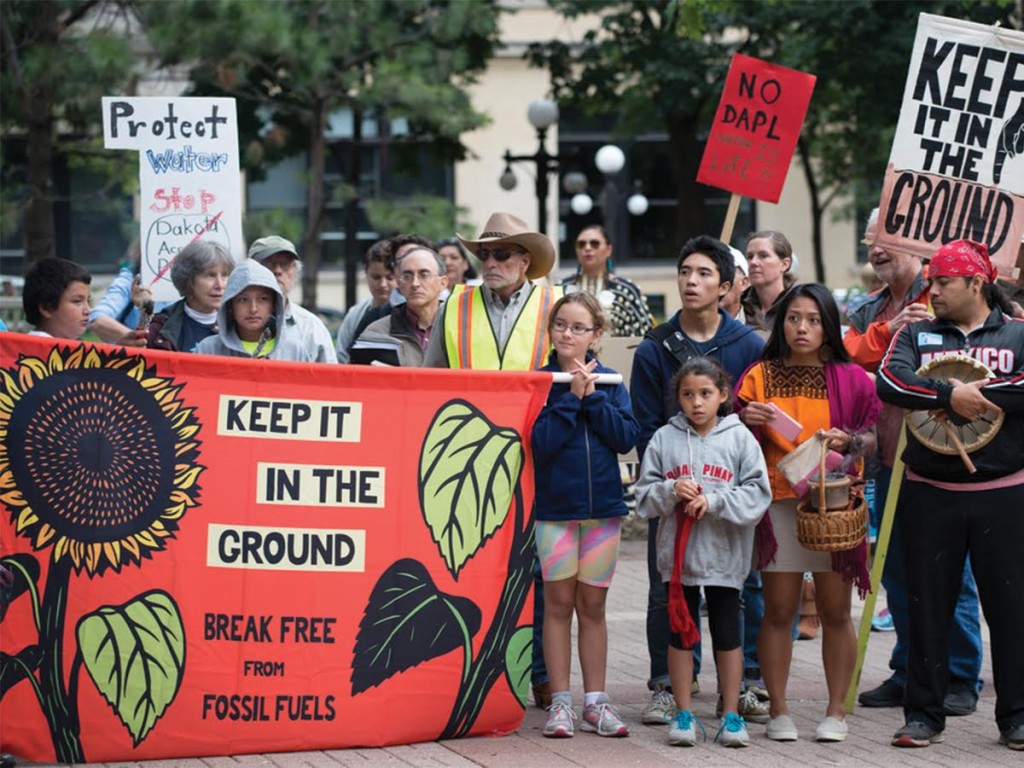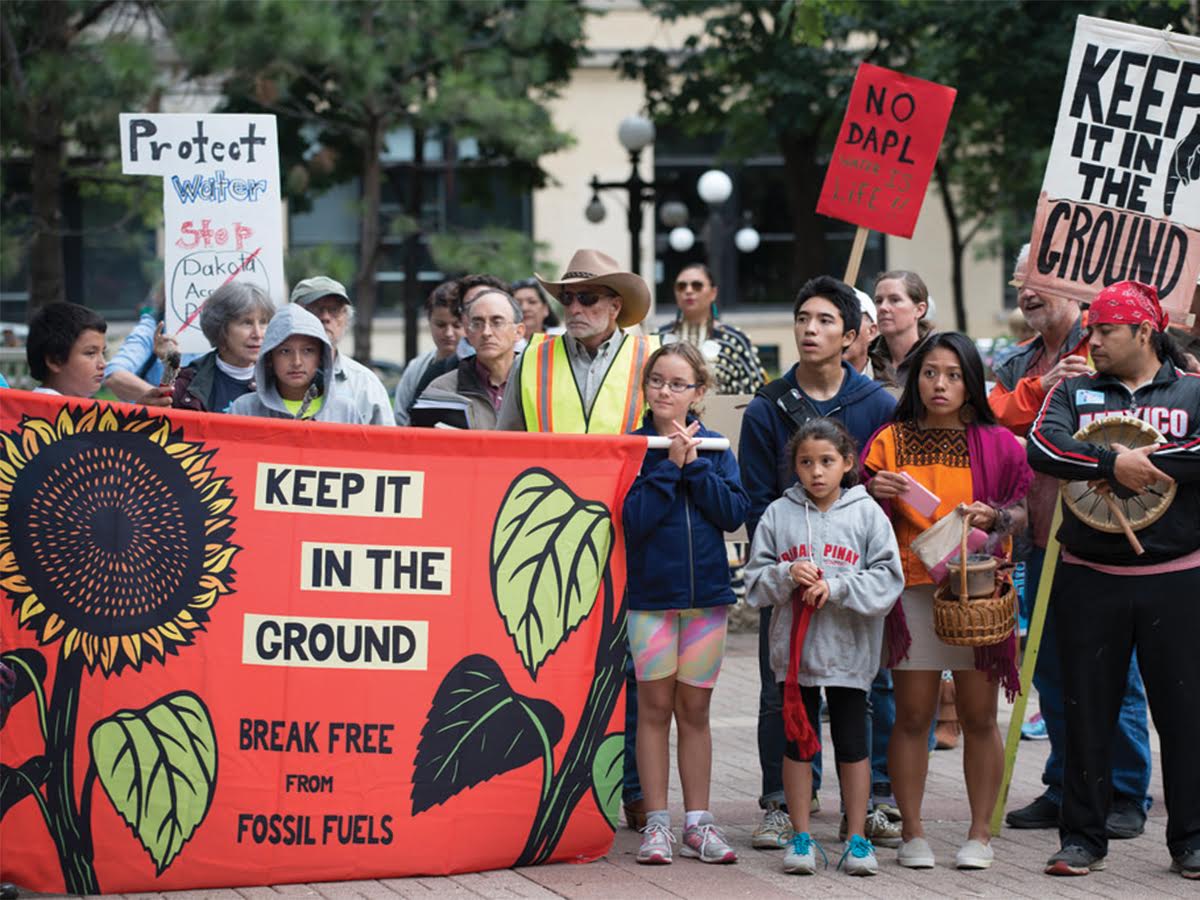
For most people who are not Native American, the Standing Rock Reservation, which borders South and North Dakota, had little to no importance in their everyday life before the Dakota Access Pipeline (DAPL) protests began. People who cannot physically go to Standing Rock are using Facebook to stay updated on and alert others about the situation while also acknowledging their inherent limitations. Whether that is financial, academic or transportation limitations, individuals “checking in” on Facebook to the DAPL protests is a positive show of support for Native Americans because it directly raises awareness and spreads consciousness about the situation. Furthermore, the amount of people who have checked in to the DAPL situation on Facebook is rather riveting: As of early November 2016, more than 1.5 million people have done it. These numbers explicitly demonstrate that individuals’ interest and willingness to stay engaged in the DAPL situation is legitimate and beneficial to promote increased understanding and recognition.
It’s easy to make the case that these individuals are simply trying to keep a good conscience by engaging on Facebook, but this simple action is essential for more involvement to occur. Once a user checks in to something on Facebook, that topic is then inserted into their activity log. As a result, all of their friends can become actively engaged with the DAPL situation. In addition, as more users become knowledgeable about the Standing Rock protest they can educate more of their friends and followers about the situation because it will show up on their timelines. They also can repost pictures, use popular hashtags and tag their followers on Standing Rock-related posts on other social media platforms. The simple fact that the Standing Rock protests have increased visibility due to users of Facebook (and other social media platforms) is a lucid representation of the immense power of social media and how we can use it for public good.
Moreover, the ability for people to check in on Facebook is crucial because it enables more discussion about the controversial construction of the DAPL and creates a vast platform for Native Americans and their allies to declare why they are strongly opposed to the pipeline being created. Essentially, the concerned people checking in on Facebook will be able to learn about the various perspectives on this issue which inevitably creates more recognition of this contemporary Native American struggle.
The DAPL does not have a direct impact on most of the people checking in on Facebook and thus there must be a decent amount of interest in the issue for people to be educating themselves about the situation. The 470,000 barrels of crude oil a day that would be transported through the Dakota Access Pipeline or the pipeline being built over Native American burial and prayer sites are not the major reasons why the majority of people are staying updated on the DAPL situation. However, these two reasons are noteworthy issues that will be discussed in conversations about the construction of the pipelines, which have a higher likelihood of occurring if they initially checked in on Facebook.
The Standing Rock protests are something that individuals are putting forth concentrated efforts to stay involved with on Facebook, but they still are not directly impacted by the protests in regards to their resources, such as water supplies or living arrangements. However, individuals are directly impacted on another note: The human effect and the fact that human beings in a part of our country are being violently oppressed and displaced for corporate interests. The lack of human decency that has been demonstrated in dealing with the Standing Rock protestors is despicable and brings out strong emotions in passionate human beings. No one should have to fight for basic necessities like shelter and water in 21st century America, but the Standing Rock protests are a major example of the perpetual oppression of Native Americans by the U.S. government. Quite frankly, with all this occurring within our own country, the least that concerned individuals can do is check in and stay updated about the DAPL situation on Facebook and try to increase consciousness toward this extremely salient matter.








